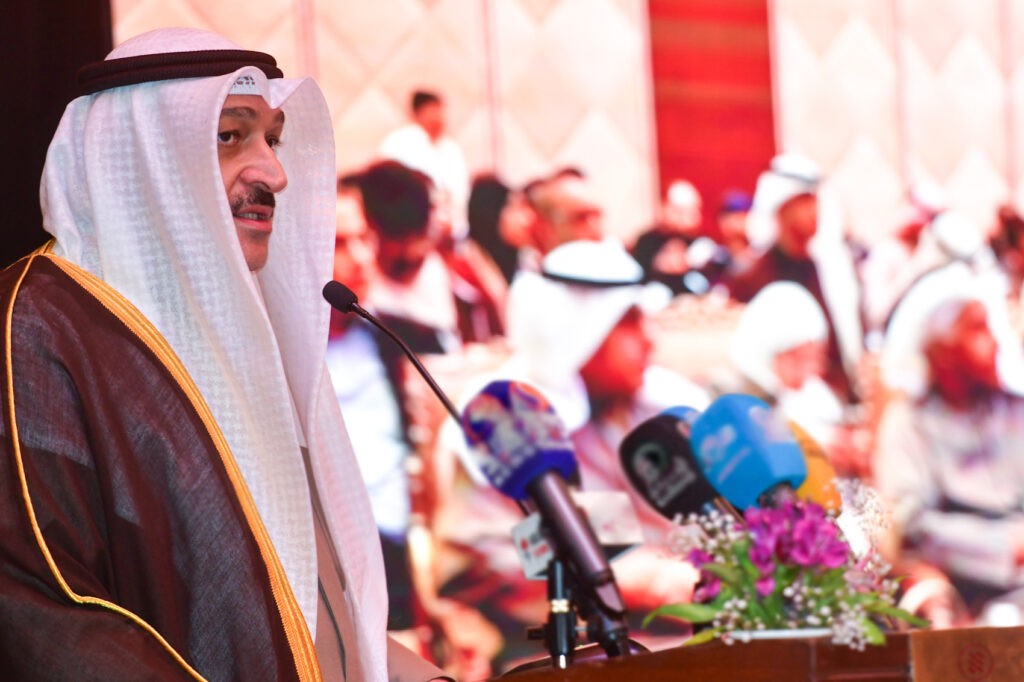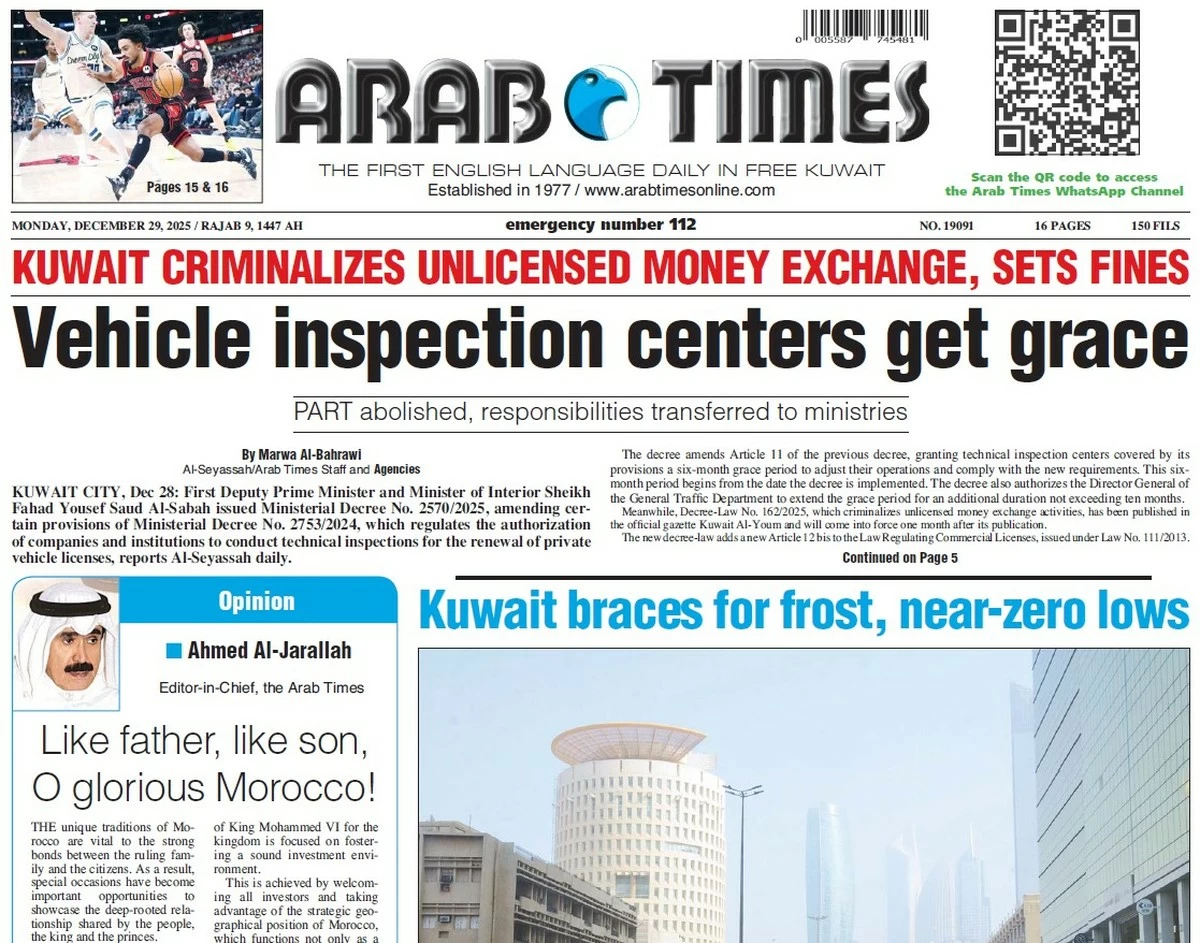30/01/2024
30/01/2024

KUWAIT CITY, Jan 30: In a significant address on Tuesday, Health Minister Dr. Ahmad Al-Awadhi highlighted the pivotal role of digital medicine and Artificial Intelligence (AI) in reshaping healthcare systems and addressing contemporary medical challenges. Dr. Al-Awadhi emphasized that the substantial advancements in AI applications, particularly within the medical sector, represent a profound transformation with the potential to significantly enhance the quality of life.
The minister made these remarks during the inauguration of the 16th international conference of the Islamic Organization for Medical Sciences (IOMS), which is sponsored by His Highness the Amir Sheikh Mishal Al-Ahmad Al-Jaber Al-Sabah. The conference serves as a platform for scientific and technical dialogue while also providing an opportunity for contemplating the ethical implications of guiding technology for humanitarian services and aligning with the goals of Islamic Sharia (law).
Dr. Al-Awadhi asserted that the vast capacities of AI will play a crucial role in advancing public health and preserving human financial resources. However, he also issued a cautionary note, acknowledging potential hazards associated with AI, including unethical usage, and threats to security and peace, as warned by the World Health Organization and AI experts.
Highlighting the Islamic Organization's role as a primary source for religious edicts and its standing in the international community, Dr. Al-Awadhi stressed the importance of ethical considerations in the deployment of AI in the medical field.
Dr. Mohammad Al-Jarallah, the IOMS chairperson, echoed these sentiments, referring to the World Health Organization's acknowledgment of AI's significance in transforming clinical and preventive medicine. He underscored the pivotal role of AI in updating health systems across various aspects, including governance, management, financial transparency, workforce development, public health enhancement, and the fight against emerging epidemics.
Dr. Al-Jarallah emphasized the unique significance of the convention, bringing together medical consultants and information technology experts to explore ways of aligning digital medicine with Islamic Sharia. However, he also noted the international warnings surrounding AI, likening its impact to that of nuclear power, encompassing both benefits and potential harms.
Head of Al-Azhar University, Dr. Salama Daoud, cautioned against the indiscriminate use of AI in medicine, pointing out the risks of compromising patients' rights and potential exploitation by commercial entities. He advocated for the establishment of an ethical code to govern the use of AI in the medical field.


